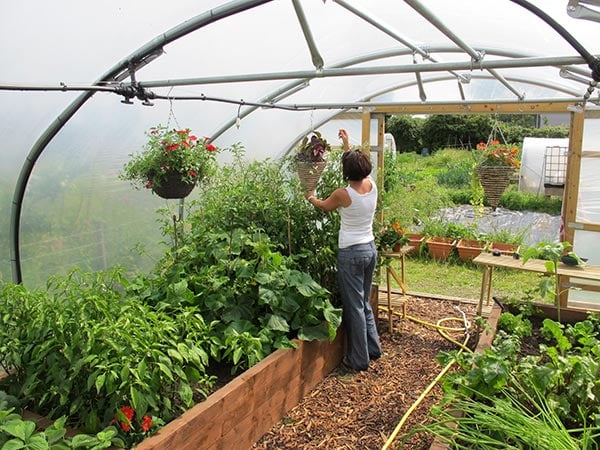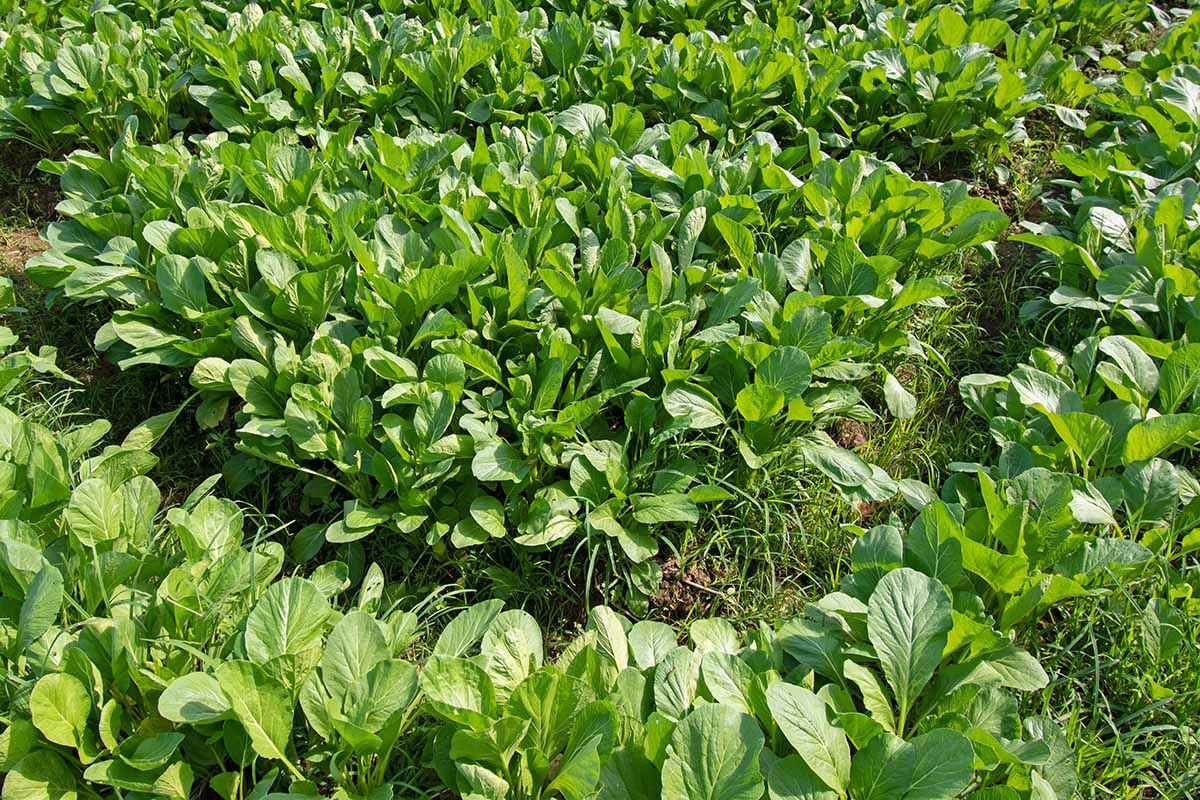Mizuna: The Ultimate Companion Planting Guide
Mizuna: The Ultimate Companion Planting Guide
Mizuna is a fast-growing, leafy green that is a member of the Brassicaceae family, which also includes broccoli, cabbage, and kale. It is a versatile vegetable that can be eaten raw, cooked, or pickled. Mizuna is also a good source of vitamins A, C, and K.
One of the best things about mizuna is that it is easy to grow. It can be grown in both indoor and outdoor gardens, and it is relatively resistant to pests and diseases. However, there are some companion plants that can help to improve the growth and health of mizuna.
In this guide, we will discuss the best companion plants for mizuna, as well as some of the benefits of companion planting. We will also provide some tips for growing mizuna in your own garden.
Benefits of Companion Planting
Companion planting is a gardening practice that involves planting certain plants together in order to benefit each other. There are many benefits to companion planting, including:
- Increased crop yields
- Improved plant health
- Reduced pest and disease problems
- Increased biodiversity in the garden
Companion Plants for Mizuna
There are many different companion plants that can be beneficial for mizuna. Some of the best include:
- Carrots: Carrots help to repel pests such as cabbage moths and carrot flies.
- Lettuce: Lettuce helps to suppress weeds and improve the flavor of mizuna.
- Celery: Celery helps to improve the soil structure and attract beneficial insects.
- Onion: Onion helps to repel pests such as aphids and spider mites.
- Corn: Corn provides shade for mizuna and helps to improve the pollination of flowers.
- Peas: Peas help to fix nitrogen in the soil, which benefits mizuna.
- Chamomile: Chamomile helps to repel pests such as aphids and whiteflies.
- Nasturtium: Nasturtium helps to attract beneficial insects and repel pests such as aphids and whiteflies.
Tips for Growing Mizuna
Mizuna is a relatively easy plant to grow. However, there are a few things you can do to improve its growth and health.
- Plant mizuna in full sun or partial shade.
- Water mizuna regularly, especially during hot weather.
- Fertilize mizuna with a balanced fertilizer every few weeks.
- Sow mizuna seeds directly in the garden or start them indoors 4-6 weeks before the last frost date.
- Harvest mizuna when the leaves are young and tender.
Conclusion
Mizuna is a delicious and versatile vegetable that is easy to grow. By companion planting mizuna with the right plants, you can improve its growth and health, and even boost your crop yields. So next time you are planning your garden, be sure to include mizuna and its companion plants.
Mizuna is a delicious and versatile leafy green that can be grown in a variety of climates. It's also a great companion plant, meaning that it can be planted near other plants to help them thrive.
Some of the best companion plants for mizuna include:
- Carrots: Carrots help to deter pests that can damage mizuna, such as aphids and cabbage moths.
- Lettuce: Lettuce and mizuna are both cool-season crops, so they can be planted together to help extend the growing season.
- Cucumbers: Cucumbers help to improve the flavor of mizuna.
- Garlic: Garlic helps to repel pests and diseases that can affect mizuna.
- Rosemary, sage, and thyme: These herbs help to deter pests and diseases that can affect mizuna.
If you're interested in learning more about mizuna companion plants, I recommend visiting Gardenia Inspiration. This website has a wealth of information on the topic, including a list of the best companion plants for mizuna, as well as tips on how to plant and care for these plants.
FAQ of mizuna companion plants
What are good companion plants for Mizuna?
Mizuna is a member of the brassica family, which means that it can attract pests and diseases that also target other brassicas. However, there are a number of companion plants that can help to deter pests and diseases, or even attract beneficial insects. Some good companion plants for Mizuna include:
- Bush beans: Bush beans help to improve the nitrogen levels in the soil, which can benefit Mizuna.
- Lettuce: Lettuce can help to attract aphid predators, such as ladybugs and lacewings.
- Cucumber: Cucumbers can help to repel pests such as cabbage moths.
- Carrots: Carrots can help to attract beneficial nematodes, which can help to control pests.
- Dill: Dill can help to attract pollinators, such as bees and butterflies.
What are bad companion plants for Mizuna?
There are a few plants that should be avoided as companion plants for Mizuna. These include:
- Members of the cabbage family: This includes plants such as broccoli, Brussels sprouts, and kale. These plants can attract the same pests and diseases as Mizuna, so it is best to avoid planting them together.
- Bush beans: Bush beans can compete with Mizuna for water and nutrients.
- Strawberries: Strawberries can attract pests such as slugs and snails, which can also damage Mizuna.
How much space does Mizuna need?
Mizuna needs about 8 to 10 inches (20-25 cm) of space to grow properly. If you are growing plants for a harvest of leaves cut-and-come-again, you can space them closer together.
What are some tips for growing Mizuna?
Mizuna is a relatively easy plant to grow. Here are a few tips to help you get the best results:
- Plant Mizuna in full sun or partial shade.
- Water Mizuna regularly, especially during hot weather.
- Fertilize Mizuna every few weeks with a balanced fertilizer.
- Harvest Mizuna when the leaves are young and tender.
Image of mizuna companion plants
- Bush beans: Bush beans are a good companion plant for mizuna because they help to deter pests. The beans' strong smell helps to repel cabbage moths and other insects that can damage mizuna plants.

- Lettuce: Lettuce is another good companion plant for mizuna because it helps to suppress weeds. The lettuce's leaves shade the soil, which makes it difficult for weeds to germinate.

- Cucumber: Cucumbers are a good companion plant for mizuna because they help to improve the flavor of the mizuna. The cucumbers' moisture helps to keep the mizuna leaves from becoming bitter.

- Carrots: Carrots are a good companion plant for mizuna because they help to improve the soil's drainage. The carrots' roots help to break up the soil, which allows water to drain more easily.

- Dill: Dill is a good companion plant for mizuna because it helps to attract pollinators. The dill's flowers attract bees and other insects that help to pollinate the mizuna plants.

Post a Comment for "Mizuna: The Ultimate Companion Planting Guide"